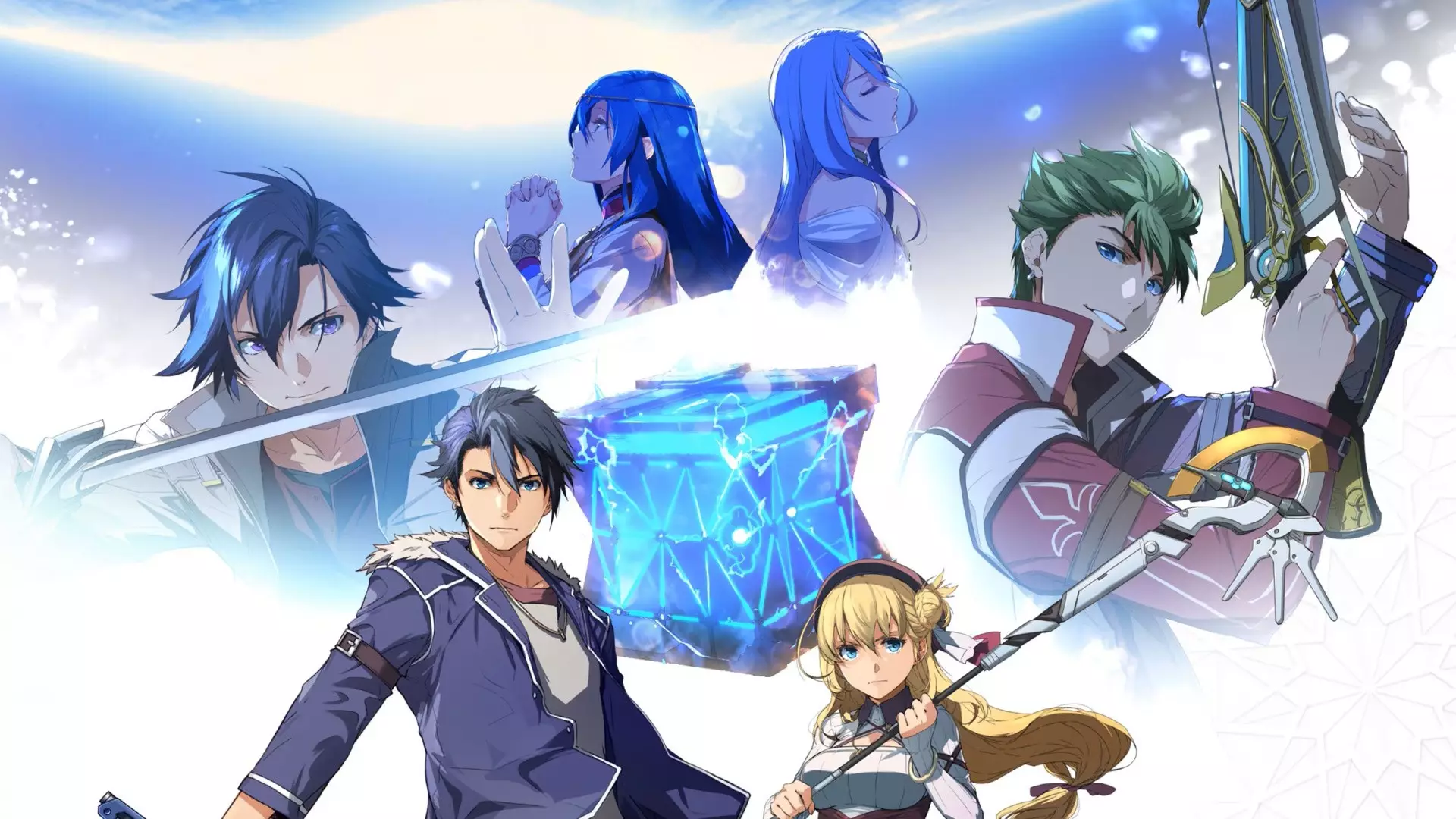In recent years, the landscape of video game publishing has experienced a seismic shift. While physical media was once the cornerstone of gaming, the rise of digital downloads and Space-saving cartridge formats have challenged traditional publishing models. The announcement of Trails Beyond the Horizon’s Switch 2 release adopting a Game-Key Card format exemplifies this trend. Despite the allure of innovation, many gamers view this change with skepticism, questioning whether it genuinely benefits consumers or if it signals a decline in the physical gaming experience. The move towards Game-Key Cards—where the physical cartridge acts more as a voucher rather than containing the game itself—raises core concerns about ownership, value, and the future role of physical media.
The Controversy Surrounding Switch 2 and Game-Key Cards
The decision by NIS America to release Trails Beyond the Horizon as a Game-Key Card ignited a storm of criticism. Fans are used to purchasing tangible copies of their favorite titles, proudly displaying them on shelves—and frequently exchanging or reselling them. The shift to a card that merely provides a key to download the game threatens that sense of ownership. Critics argue that this model diminishes the value of physical games, transforming what was once a souvenir into a simple access token. Furthermore, the fact that the special edition of the Switch 2 version costs $10 more than the standard PlayStation 5 release feels unjustifiable to many, fueling criticism that publishers may be prioritizing profit over consumer satisfaction.
What Gaming Culture Loses with Digital-only and Card-Based Releases
Physical media has long been a symbol of tangible investment, a reminder of a game’s place in gaming history. It’s an artifact—a piece of art, craftsmanship, and nostalgia. Game-Key Cards threaten to degrade that experience, offering a minimalistic approach that many gamers find impersonal. By reducing a game to a code embedded within a cartridge, publishers undermine the concept of collecting and owning something permanent. Moreover, the lack of clarity around transferability of save data or upgrade pathways adds another layer of frustration. Gamers who invest heavily in physical libraries may soon find themselves locked into proprietary digital ecosystems, with limited flexibility or resale opportunities.
The Industry’s Diverging Approaches as a Reflection of Broader Trends
While Nintendo’s shift toward Game-Key Cards on the Switch 2 is controversial, it is not an isolated phenomenon. Companies such as Marvelous and CD Projekt Red continue to favor traditional physical releases, maintaining faith in the tangible game market’s enduring appeal. Meanwhile, the growing adoption of digital formats and cartridge-based downloads highlights an industry grappling with new economic realities: minimizing manufacturing costs, speeding up distribution, and adapting to an increasingly digital-first world. Yet, this strategy risks alienating loyal consumers who prize physical collections and see them as a form of security in an unpredictable digital economy.
A Critical Look at the Future: Will Physical Gaming Survive?
The debate over Game-Key Cards is emblematic of a deeper question: does the gaming industry genuinely prioritize consumer rights and experience, or is it primarily driven by profit and convenience? As publishers opt for cheaper, more streamlined formats, the intrinsic value of physical game ownership diminishes. This could be a temporary trend driven by industry pressures, or it could signify a lasting shift that marginalizes traditional collectors. If the trend continues, we may see a future where physical media becomes a niche market reserved for collectors and enthusiasts, while the mainstream gaming experience becomes entirely digital—marked by codes, downloads, and minimal physical artifacts.
In the end, the acceptance or rejection of Game-Key Cards hinges on how much value players place on ownership, tangibility, and the emotional connection to physical objects. Until then, debates like this symbolize a larger conversation about what it truly means to own a game in the contemporary age—and whether convenience should come at the expense of tradition.

